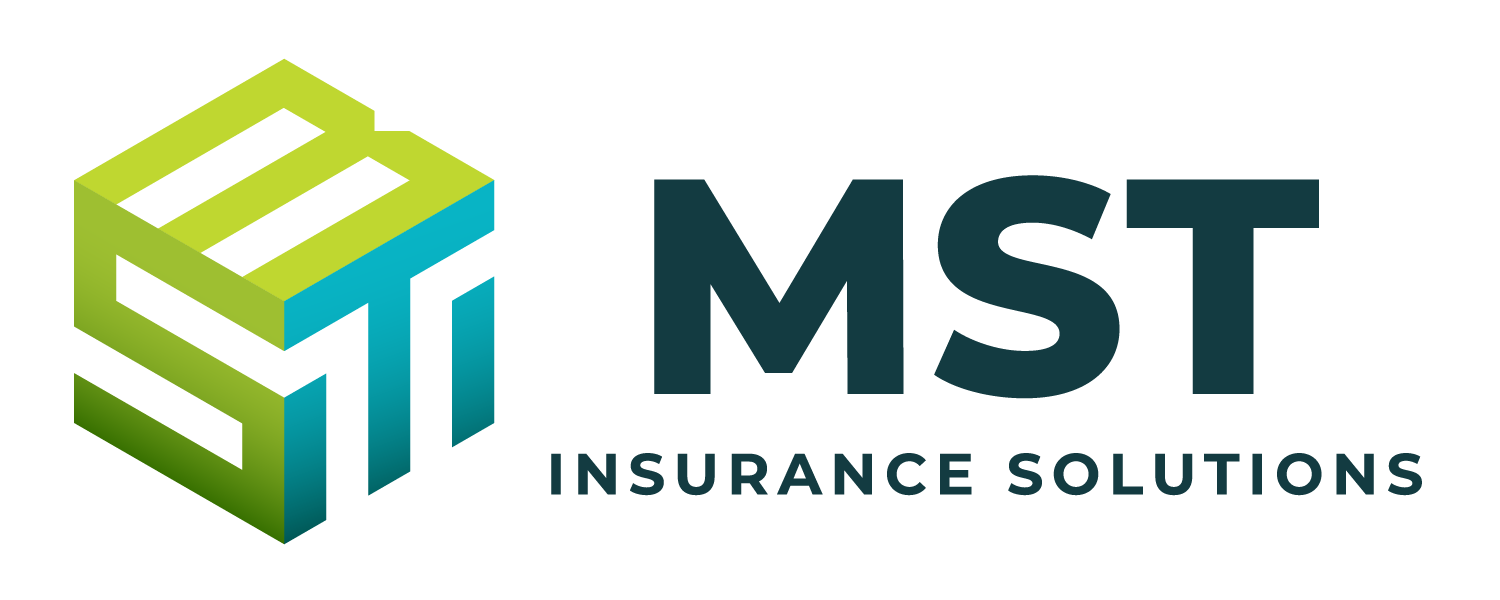Prior authorization—also referred to as preauthorization, preapproval or precertification—is the process by which medical providers must obtain approval from a patient’s health plan or insurance before administering specific medications, treatments or procedures. This process aims to protect patient health and improve affordability by reducing unnecessary medical expenses. Both medical and prescription drug plans use prior authorizations.
Understanding prior authorization can enable employers to assist their employees in receiving effective care. It may also aid organizations in reducing their overall medical expenses by helping employees avoid unnecessary or delayed treatment and denied claims. This article discusses when prior authorization is required and explains the benefits of the process, including patient protection, the reduction of medical expenses, and the prevention of drug misuse and fraudulent care.
When Is Prior Authorization Required?
Prior authorization may be required for some treatments and medications before a patient’s health plan or insurance will
provide full or partial coverage. It is most commonly required when medications or treatments:
- May be unsafe when combined with other medicines or treatments
- Have lower-cost, effective alternatives
- Are used only for certain health conditions
- Are frequently misused or abused
- Are used for cosmetic purposes (e.g., Botox)Once a preapproval request is submitted, it’s reviewed by a health plan’s doctors or clinical pharmacists. The health plan may approve the request, deny it, request additional information or suggest a less costly alternative. Patients can request that the health plan’s decision be reviewed if they don’t agree with the prior authorization response.Health plans tend to have different rules regarding when prior authorization is required. If a patient fails to obtain the required prior authorization, their health plan may reject the claim even if it was medically necessary and would otherwise be covered.
Prior Authorization Protects Patients
Approximately half of all adverse drug events (ADEs) are preventable and caused by prescription errors, according to research from the National Library of Medicine. The Institute of Medicine reports that ADEs have an annual cost of about $21 billion.
Prior authorization combats these issues by helping to ensure patients receive the proper medication at the correct dosage. To do this, health plans partner with medical professionals to identify efficient and effective treatments, improve patient health outcomes and reduce medical expenses for the health care system as a whole; clinicians and individuals who work for health plans use a patient’s medical claims history and their knowledge of the health care system to make certain patients are prescribed safe medications at the appropriate dosage while identifying and limiting preventable harmful drug interactions. By using this data, health plans are able to determine which treatments will improve patient health and deliver the greatest value.
Even for patients who use a specific or specialty medication regularly, prior authorization can identify new treatment options. This can be especially important for children, as they may benefit from a new treatment or adjusted dosage as they age. Because specialty medications require additional care and safety precautions, prior authorization also helps individuals with\ complex and chronic medical conditions, such as cancer, rheumatoid arthritis and multiple sclerosis, by regularly reviewing dosages or treatments.
Prior Authorization Reduces Medical Expenses
Prior authorization can help reduce overall medical expenses by identifying lower-cost alternatives for medications. Health plans are able to review a patient’s pharmacy benefits and find generic drugs and biosimilars the medical provider may not be aware of. Generic drugs are bioequivalent and manufactured under the same standards as brand-name medications. These drugs are as clinically effective as their higher-cost brand-name counterparts but can cost 30% less, according to the Food and Drug Administration (FDA).
This price difference is due to the requirement that brand-name drugs must be extensively studied before they are approved. Conversely, generic drugs, which are copies of brand-name medications, do not require similar studies and, as a result, can enter the market at a lower price. The use of generic drugs has saved the health care system approximately $1 trillion over the last decade, according to the FDA.
Prior Authorization Prevents Drug Misuse and Fraudulent Care
Preapproval can prevent the misuse of prescription drugs by stopping certain medicines from being dispensed; health plans utilize prior authorization to help prevent addiction to potentially dangerous and habit-forming drugs. For some patients in drug misuse prevention or management programs, such as those for opioid misuse, prior authorization can be a powerful tool for treating and preventing addiction. Health plans use precertification to explain potential addiction risks to patients being prescribed new medication or treatments that could be potentially harmful. Additionally, they can alert health providers of potential contraindications, such as when prescribing opioids to patients taking prenatal vitamins or to individuals using
certain medications to treat mental health conditions. This helps limit the amount of potentially dangerous and addictive medications prescribed to patients.
Moreover, prior authorization can act as a check on health care fraud. Fraudulent care occurs when an individual or group of people knowingly falsifies treatment plans or medical records, resulting in unauthorized payments. Prior authorization helps reduce instances of fraudulent care by ensuring patients receive proper treatment and dosage of medicines and that treatment is not being duplicated.
Potential Drawbacks of Prior Authorization
Despite the benefits prior authorization can provide, the process’s requirements are controversial because they can often lead to delayed treatment and negative patient outcomes or hinder patient progress. For patients with chronic or complex medical
conditions requiring extensive treatment and high-cost medications, prior authorization can be an obstacle to receiving needed care.
Additionally, the process for obtaining prior authorization in terms of which services require prior authorization varies insurer. These requirements often burden physicians and their staff. In fact, according to a 2021 American Medical Association survey, most physicians characterized the administrative burdens of prior authorization as high or extremely high.
Conclusion
Prior authorization can act as a safeguard to keep individuals healthy by ensuring appropriate and effective medications are being prescribed. It can also help make health care more affordable by providing patients and providers with coverage information and lower-cost alternatives.
For more health care resources, contact MST Insurance Solutions, Inc. today.
For a copy of this notice click here: What Employers Should Know About Prior Authorization

